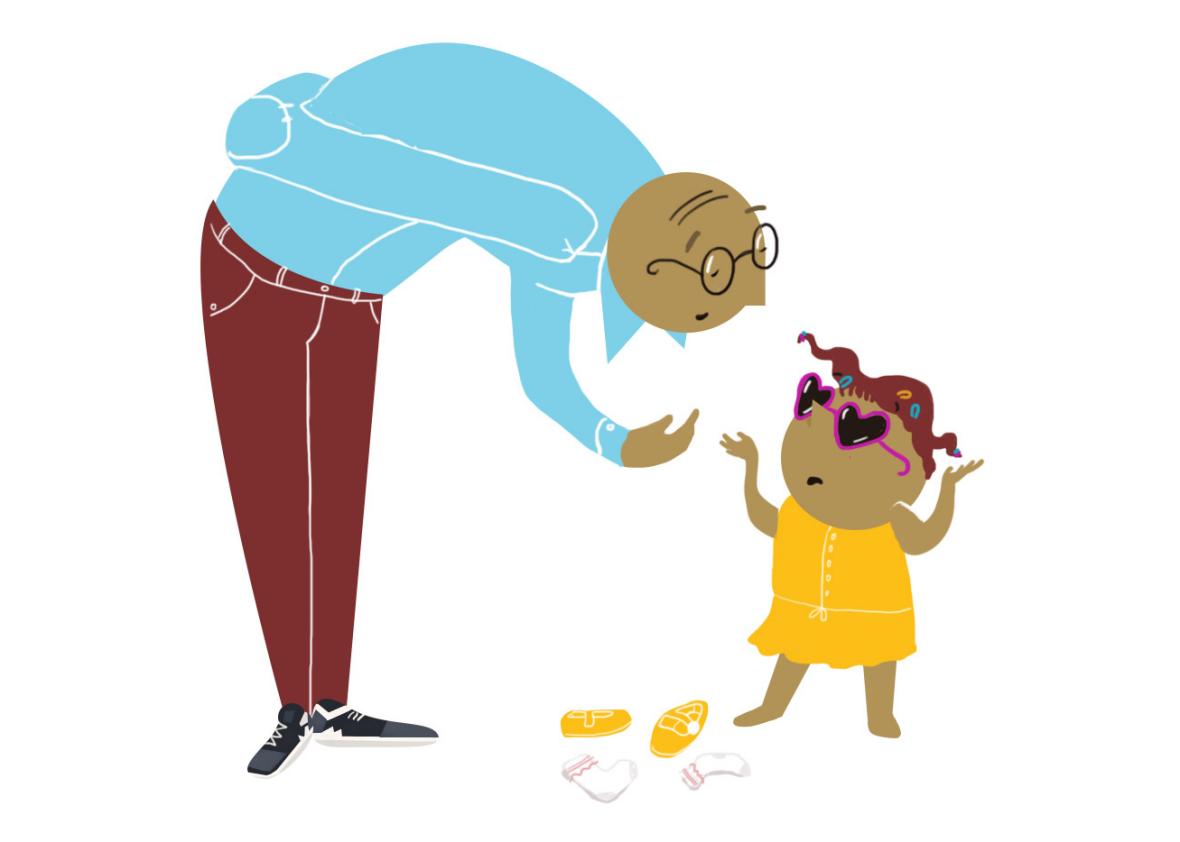News broke this morning that Holocaust survivor, Nobel laureate and author Elie Wiesel has died at the age of 87. Wiesel survived the World War II Nazi death camps of Auschwitz and Buchenwald. After liberation, he went to France, then Israel and the United States, where he advocated on behalf of victims of hate and persecution around the world.
Wiesel’s son, Elisha, confirmed his death in a phone call with NPR.
“Elie Wiesel, of blessed memory, embodied the determination of the human spirit to overcome the darkest of evils, and survive against all the odds,” Israeli Prime Minister Benjamin Netanyahu said in a statement. “His life was dedicated to the fight against all hatred, and for the sake of man as created in the image of God — he was a guide for us all.”
Wiesel is a very important personality in the world over and was a popular face in international dialogues and peace meetings. He is described as ‘the most modest man alive’ and he often refered to himself as a ‘harmless withness.’
“To forget the victims means to kill them a second time,” he had sais during an interview, “So I couldn’t prevent the first death. I surely must be capable of saving them from a second death.”
It took Wiesel 10 years before he could write about his experience in his most famous book, Night.
“Never shall I forget that night that first night in camp that turned my life into one long night. Never shall I forget the small faces of the children whose bodies I saw transformed into smoke under a silent sky. Never shall I forget those flames that consumed my faith forever,” he read from his book during a trip back to Auschwitz with Oprah Winfrey in 2006. “Those moments that murdered my god and my soul and turned my dreams to ashes. Never.”

Children and other prisoners liberated by the U.S. Army march from Buchenwald concentration camp in April 1945. The tall youth in the line at left, fourth from the front, is Elie Wiesel.
Wiesel lived in France immediately after the war and worked as a journalist before immigrating to the U.S. in 1956. He became a citizen seven years later and in 1985 he received one of the highest honors awarded a civilian, the Congressional Gold Medal of Achievement. The soft-spoken Wiesel took advantage of the highly public occasion by making an impassioned plea to then-President Reagan not to visit a cemetery where SS soldiers were buried.
A year later Wiesel received the Nobel Peace Prize. The Norwegian committee called Wiesel a messenger to mankind. A man, who it said, climbed from utter humiliation to become one of our most important spiritual leaders and guides. In his acceptance speech, Wiesel said the world should never remain silent while humans suffer, for neutrality, he said, only aids the oppressor, never the victim.
“Silence encourages the tormentor, never the tormented,” he said. “Sometimes we must interfere. When human lives are endangered, when human dignity is in jeopardy, national borders and sensitivities become irrelevant.”
May his gentle soul rest in peace, amen.







